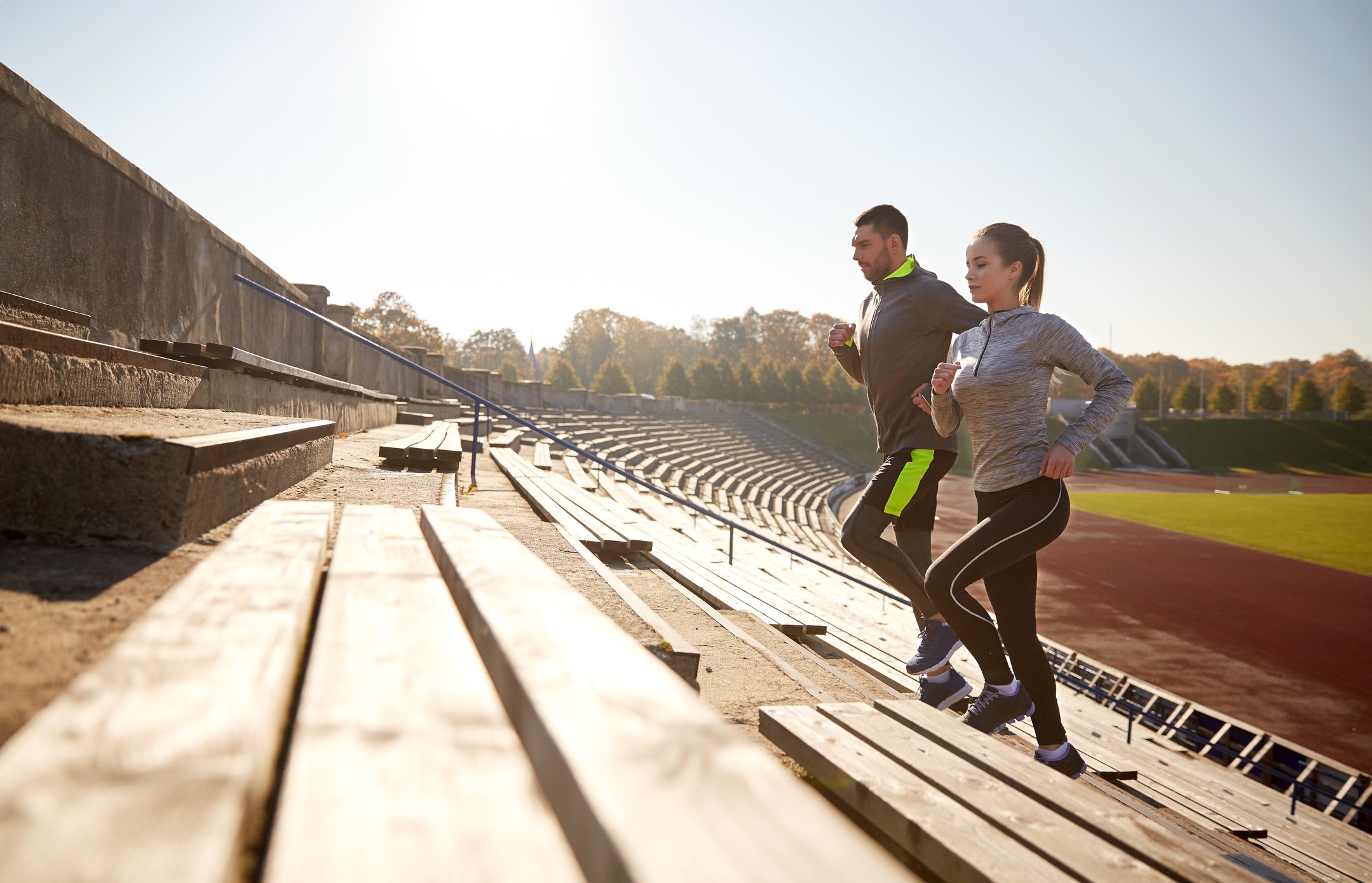There’s old African proverb that says, “If you want to run fast, run alone.” If only endurance sports were that simple. Sure, you can print out an Internet training plan and chug along, all by your lonesome, but how far (figuratively speaking) can you go on your own?
If you’ve ever wondered if you have greater potential, you may need a coach!
How Can a Coach Help?
A good coach does much more than just tell you how far to go and when.
“It’s easy to find a coach that can give you workouts,” said Raylyn Nuss, who rides with RMHC STL Cycling Club in St. Louis and placed 16th in the Women’s Elite Division of the 2018 Cyclocross National Championships (in her rookie season, no less). “It’s not as easy to find a coach who knows how to truly analyze the data you put out in each workout and translate that data into getting you to true and proper race form.”
Indeed, there’s a strong scientific component to coaching. Chris Mileski, who coaches Nuss and is the former Lindenwood University Head Cycling Coach, calls himself a huge proponent of data analysis. Coaches also consider mechanics, conditions, nutrition and other empirical factors that affect performance.
But athletes aren’t robots. The right coach connects with you on a human level and provides motivation along the way.
“Coaches are so key. They save you from yourself,” said Kellie Tiernan, a former collegiate runner in St. Louis. Tiernan hired a coach for her first triathlon in 2011. “They get excited with and for you when you succeed. They also keep your head up and your mind right when you don’t meet your goals.”
Still not convinced you may need to hire a coach? Here are a couple of scenarios in which coaching is especially helpful.
Scenario 1: You’ve Plateaued
“You can get on your bike and train and get better, but at some point, you’ll plateau,” said Mileski. “This is where coaching steps in.”
Even seasoned athletes may not know how to adjust training volume and intensity, or when to add cross training. A coach has tricks up his or her sleeve to help get you out of a rut.
Coaches also know when to drop the hammer.
“Every once in a while, you need a kick in the ass,” said Tim Froehlich, a St. Louis runner and triathlete. Froehlich trained alone for three Ironmans before hiring a coach to improve in the sport. He credits his coach for pushing him harder than he would have pushed himself.
At the same time, athletes can’t push hard all the time. Coaches can help prevent burnout.
“Running is a hobby that we take very seriously, but the rest of the things in life are very important. Athletes are people first and most importantly,” said Mark Spewak, St. Louis-based running coach and owner of Spewak Training.
Good coaches help balance the rigors of training with other life responsibilities. They also make sure athletes don’t neglect sleep, nutrition, recovery — and even fun.
“We take our athletes’ goals very seriously, but we encourage fun in training and at races,” said Sally Drake, a St. Louis triathlon coach and owner of Sally Drake Endurance Coaching.
Scenario 2: You’re Trying Something New
Training for a new event may seem daunting, but a coach can help you train smarter and safer.
Kyrstin Bluhm, who won stage 2 in the 2017 Gateway Cup pro/1 category, can attest to this. A former BMX racer, Bluhm converted to road cycling and has worked with Mileski for the past two years.
“In BMX, I was used to only racing forty seconds, not forty miles,” Bluhm said. “It took a while to get used to doing the volume, but Chris made the transition for me quite easy. He has knowledge in every discipline and knows how to apply it if someone wants to transition over to a new discipline.”
Bluhm’s case is exceptional, but recreational athletes shouldn’t shy away from hiring a coach. Sometimes, thinking like a pro is all it takes to boost your performance.
“I can’t think of a professional athlete who doesn’t have a coach,” said Froehlich. “If it’s good enough for them, why wouldn’t I do the same?”
Ready to Take the Leap?
Coaching is available in both group and individual formats.
Group coaching is available at local sporting goods stores and through some of the coaches in this article. Beginner athletes may find group coaching more affordable and approachable.
You may need to interview a couple of individual coaches before finding “the one.” Brandi Barbre, training director at Fleet Feet Sports, suggests calling around to local stores and asking questions. “Tell them, ‘I’m a new athlete or I’m taking on a new distance or I’m trying to reach this goal. What can you recommend for me?”
Barbre also stressed the importance of meeting potential coaches to talk about goals and expectations. A good coach should assess your current fitness level, collect objective and subjective data, set realistic time frames, and never over-promise.
A coach is a voice of reason, guiding you to do things you wouldn’t necessarily do on your own. If you and the candidate don’t click, that coach isn’t right for you, no matter how credentialized he or she is. Move on to the next candidate.
Kim Yawitz is a freelance writer and registered dietitian in St. Louis.


Leave A Comment